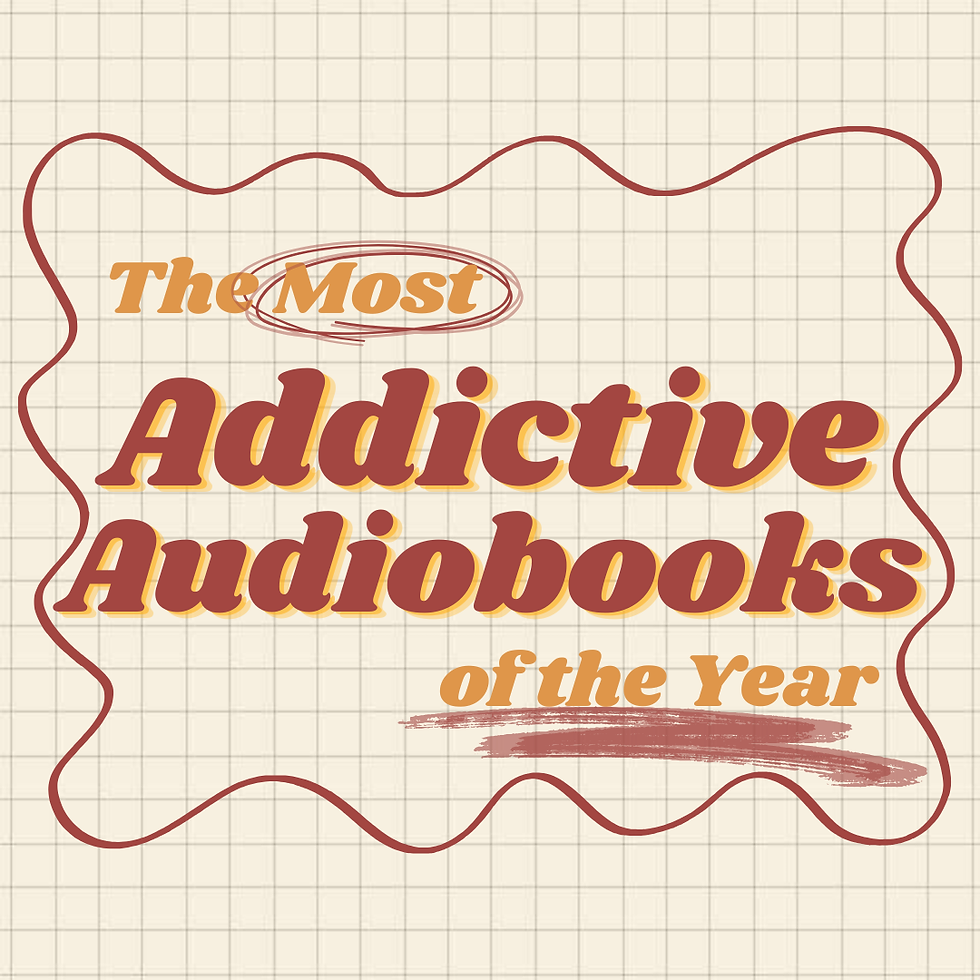The 2024 Writers’ Prize Shortlist
- The Publishing Post

- Jan 31, 2024
- 3 min read
By Grace Briggs-Jones, Jamie Fowler, Clara Garnier-Barsanti, Benedetta Giordani and Maria Sadek
Want to read more?
Subscribe to thepublishingpost.com to keep reading this exclusive post.








